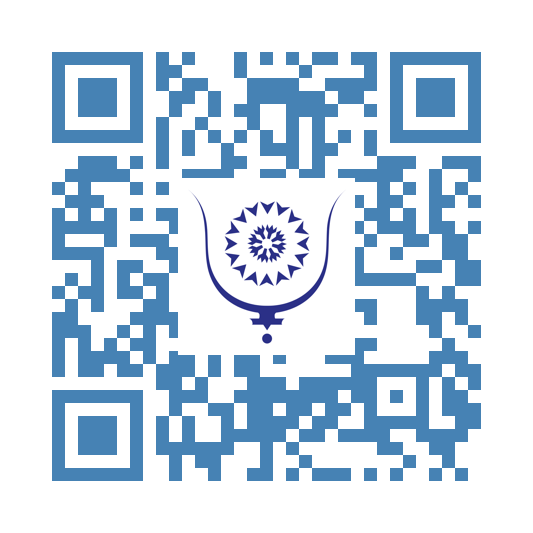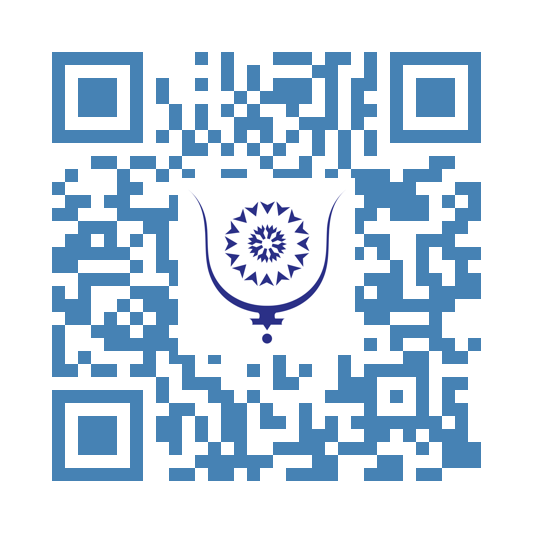Multidimensional Poverty: Decoding the Oxford Index and the Situation in Morocco
153
When poverty is mentioned, it is often thought of as insufficient income. However, poverty encompasses much broader and more complex dimensions such as access to education, health, decent housing, and other basic resources depending on societies and their cultures.
It is on this or a very similar basis that the Multidimensional Poverty Index (MPI) was designed and unveiled in 2010 by the Oxford Poverty and Human Development Initiative (OPHI) at the University of Oxford. The index was adopted during the 20th anniversary of the United Nations Development Programme (UNDP).
But what exactly is multidimensional poverty or the Oxford Index?
*Multidimensional poverty is the simultaneous and synchronous deprivation experienced by individuals across different essential aspects of life. The Oxford Index, or MPI, aims to measure this aspect of poverty based on 10 indicators grouped into three main dimensions: health, in terms of nutrition and child mortality; education, concerning school attendance, years of schooling, and living conditions; namely access to drinking water, electricity, sanitation facilities, quality housing, and essential assets.*
A household is considered poor according to the MPI if its members are deprived in at least 33% of these indicators. The index is calculated using a simple formula:
**MPI = H × A**
where **H** is the proportion of people who are poor and **A** is the average intensity of deprivation among these people.
This approach provides a more nuanced diagnosis than a simple monetary measure of poverty. It allows identifying the exact origin and nature of the deprivations and thus more effectively guides public action.
The introduction of the MPI in Morocco has profoundly renewed the understanding of poverty in the country. Ten years ago, this index stood at 11.9%. Thanks to significant mobilization and targeted policies, this rate has decreased to 6.8% according to the 2024 national census, representing a halving. Translated into numbers of affected people, the rate dropped from 4.5% to 2.5% of Morocco’s current 36 million population.
Despite these notable advances, poverty remains marked by strong regional and social disparities. Deprivations mainly concern education and living conditions such as access to drinking water, decent housing, and medical care. Multidimensional poverty is more concentrated in rural areas, accounting for 72% of the poor, with an alarming rate among rural children estimated at nearly 69%.
In his 26th Throne Speech, His Majesty the King acknowledged the progress made while expressing dissatisfaction and the determination to rapidly correct the situation.
Indeed, Morocco is still behind many other countries that display lower multidimensional poverty rates and have recorded faster declines in the index; some countries have therefore succeeded better. For example, Croatia already had a rate below 0.5% in 2022. China, with 12.5% in 2002, and Turkey, with an index of 8.5% in 2007, have recorded faster decreases and are now among the best-ranked countries. Several countries in Asia and Latin America have also seen significant declines thanks to innovative strategies, ambitious social policies, and sustained international support.
Morocco remains better ranked compared to many Sub-Saharan African countries. Mali had an MPI of 77.7% in 2012 and Burundi 80.8% in 2010. However, Morocco still maintains a significant gap with global leaders and even some developing countries in the Mediterranean and Asia.
To enable the Kingdom to maintain and accelerate its progress, drastic and effective measures requiring genuine political courage and boldness are needed. Several avenues should be considered simultaneously, such as:
- Optimizing investment in education by reducing school dropout, promoting equal access for girls and boys in rural areas, and improving teaching quality and attractiveness through teacher qualification and adapted curricula.
- Seriously addressing the issue of the language of instruction. Moroccans speak a language that is not reflected in schools. Darija is the Moroccan language and should be valorized to create a continuum between everyday life and learning. All education specialists and dedicated international bodies insist on the use of the mother tongue for more efficient learning, at least in the early school years, as seen in all countries successful in education.
- Redefining what illiteracy means in Morocco. Is it still appropriate to consider illiteracy as the inability to master languages that are not used in daily life? The working language and trades that sustain Moroccans and in which all exchange, communicate, and act are not taken into account. This question must be reconsidered in light of scientific evidence, without outdated or unproductive dogma or ideology.
- Accelerating medical coverage and social protection through a faster and less restrictive generalization.
- Encouraging health and education professionals to settle in remote and targeted areas through significant financial incentives and housing.
- Expanding and strengthening basic infrastructure with particular focus on drinking water, electricity, sanitation, and social housing even in rural areas. The issue posed by scattered housing should no longer be a taboo. Some recurring problems simply cannot be solved in certain regions due to the type and location of housing.
- Targeting public efforts territorially through fine planning and priority allocation of appropriate resources to the most vulnerable regions, taking into account the real needs of the populations concerned.
- Developing and refining social safety nets and resilience mechanisms to better protect populations affected by climate change.
By adopting an integrated, territorially targeted approach based on precise MPI data, Morocco can consolidate the gains already made and catch up with the best performers in the region and the world in the near future, given its stability, significant growth rate, diversified and increasingly efficient economy, and, of course, the ingenuity of its people.
Share:
Multidimensional Poverty: Decoding the Oxford Index and the Situation in Morocco
copy:
https://bluwr.com/p/312787111



